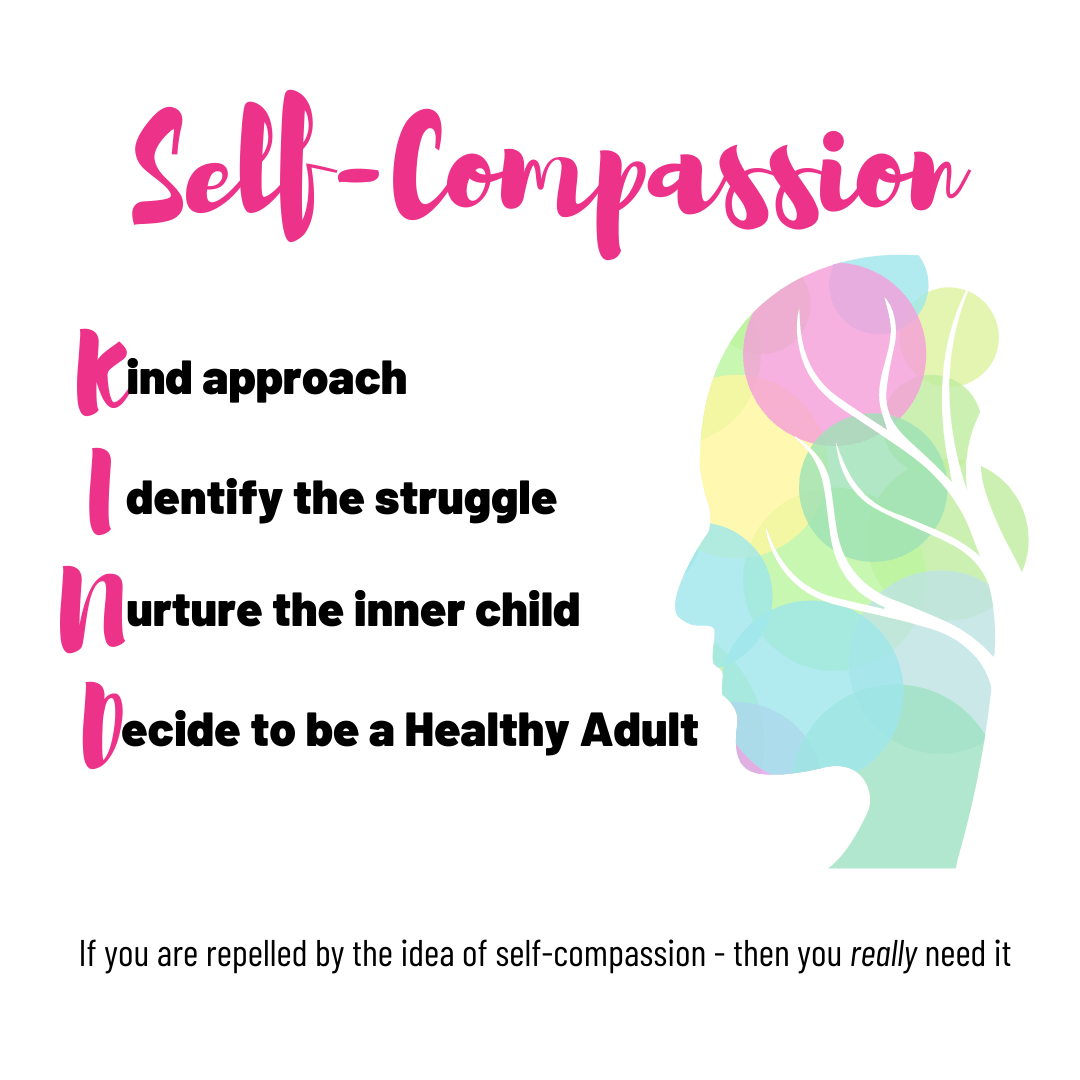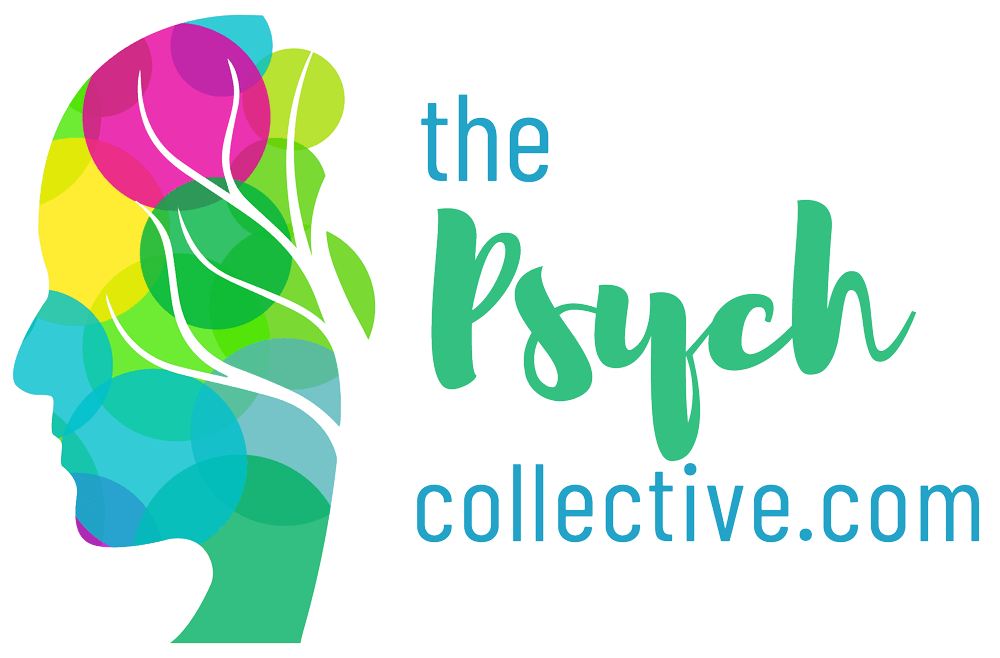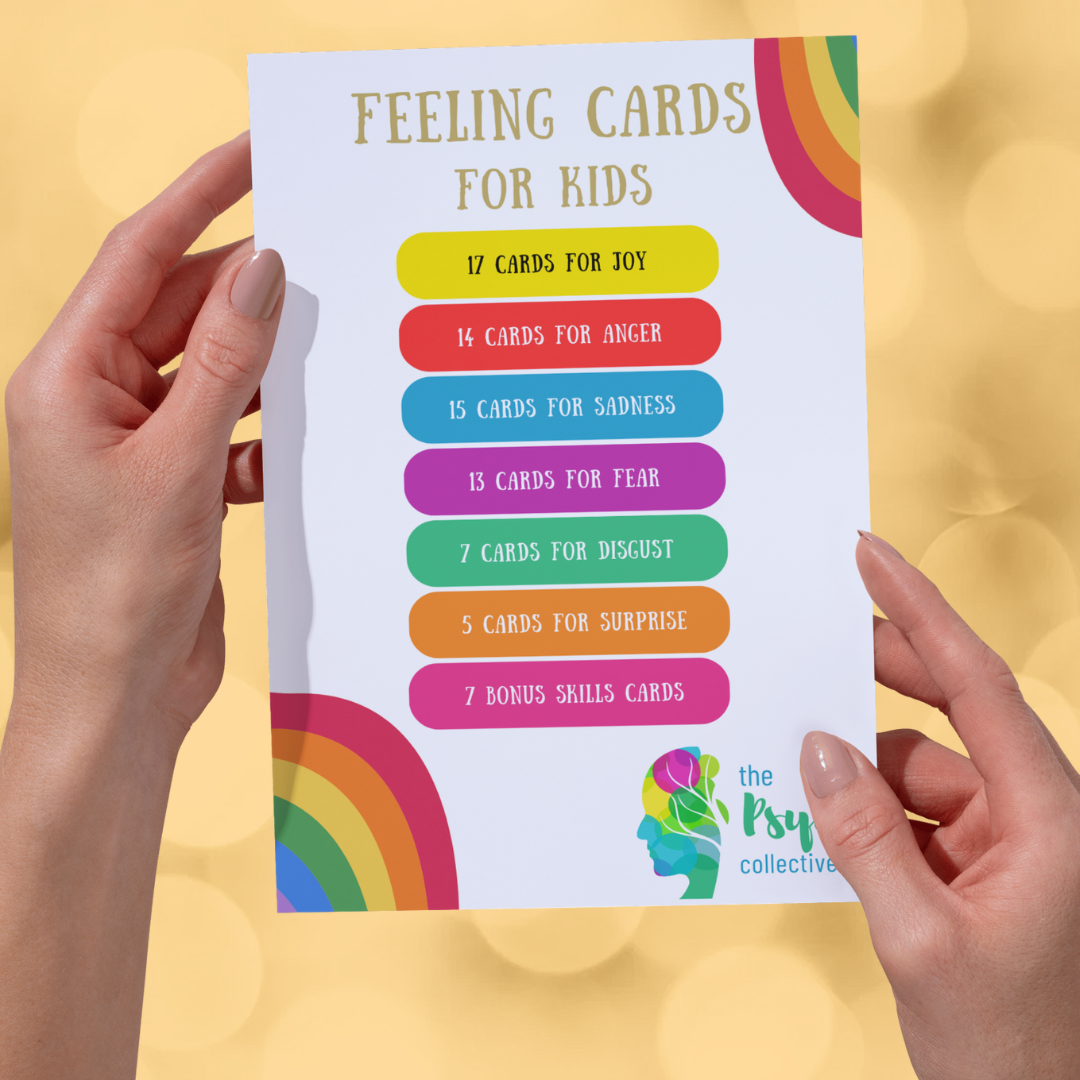What is Self-Compassion?
Why is self-compassion important?
Self-Compassion is the ability to respond to yourself with kindness when you are struggling with something difficult. It is about the way that you talk to yourself when the chips are down. It is the opposite of self-criticism, self-condemnation and self-deprecation. It is the path forward for recovery and healing.
And if you are repelled by the idea of this, then you
really need it.
Self-compassion doesn't take away your suffering,
but holds you with kindness while you experience the distress.
People with low self-esteem often believe that they don't deserve self-compassion so they criticise themselves strongly. Some people believe that by being hard on themselves, they can push themselves to be better or stronger. The reality is that when people lack self-compassion their self-criticism or judgement leads to burn out or breakdown. They suffer more than they need to.
The truth is, if you don't feel that you deserve self-compassion, then you are making things unnecessarily harder for yourself: you are contributing directly to your suffering.
If you want to overcome distress then self-compassion isn't optional.

Self-compassion requires a Kind approach. If you hear yourself telling yourself that you need to toughen up, get over it or stop being so sensitive, then you are not being kind. Think about how you would talk to a friend who is suffering. What tone would you use? What words would you say? Would you offer them understanding, care and kindness? That's compassion.
We use self-compassion when we are struggling with something, so you need to Identify the struggle. What is it that is bothering you? Which part of this is hard for you? Do you notice that this situation is triggering some old memories or urges to engage in regrettable actions? This part will require you to use some of your
self-validation skills.
Once you know your struggle, then you need to Nurture yourself. This works best if it is targeted towards your inner child (or
Vulnerable Child), because this is the part of you that feels the intensity of emotions like sadness, fear, anger and loneliness. Nurturing yourself can include
self-soothing
skills.
Ultimately, you need to decide to be a Healthy Adult. This means making skilful choices about how to respond to your struggle. This may include setting boundaries, saying no to requests, using Planned Recovery, ignoring your Inner Critic (or
Punitive Parent) and using
skills before pills.
This can be one of the hardest skills to master if you grew up in an
invalidating environment. However, it is also one of the most important skills if you want to create a life you are happy with.
Self-compassion exercise
Write a letter to yourself as though you were writing to someone whom you care about that was in your situation. If they are suffering would you harshly focus on their shortcomings, inadequacies, and failings? Be kind in your tone and write what you'd say if you were being compassionate to your friend. It can shift your perspective in an important and helpful way. It can give you a glimpse of what it is to be self-compassionate.
Without self-compassion, you crucify or sacrifice yourself until there is nothing left but a burned-out shell. That's what happens. Has that already happened to you?
Be kind and gentle with yourself, the suffering is real.
Do the self-compassion exercise.
Share
Categories
About Our Resources
We offer actionable resources and teach real skills to help people make meaningful change in managing mental health issues through different modes depending on people's learning preferences including infographics, text, worksheets, handouts and video.












